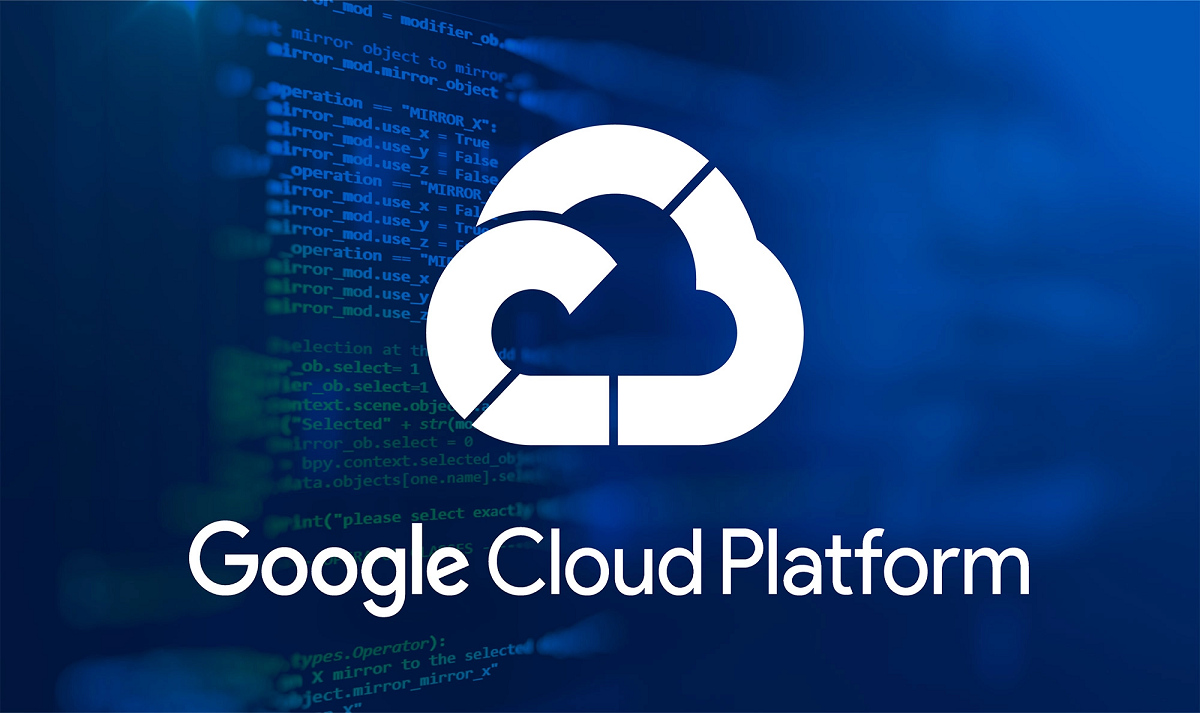
The Google Cloud Platform (GCP) is a platform that delivers over 90 information technology services that businesses, IT professionals, and developers can leverage to work better and gain more flexibility and efficiency.
Today, cloud computing enables hardware and software products to coexist remotely (in data centers) and at scale. These items work together to provide certain services. A web interface is frequently used by users to access, manage, and use the tools they require; this is also true for Google Cloud Platform services. Users have the flexibility to choose which services they need and how and when they use them.
There are a variety of services as per the needs of the users. These services include but are not limited to PaaS, IaaS, and SaaS. Some basic cloud services are:
1. Google Compute Engine (GCE)
Google Compute Engine (GCE) is the basic service Google offers that competes with the basic, premier service that Amazon offers: hosting virtual machines. In data centers, workloads (applications and services) tend to be run on software-based platforms that may be moved from physical machine to physical machine.
2. Google Cloud Storage
GCP Cloud Storage (GCS) is an object storage system, which implies that its records preserve both the identity and structure of any class of data that is delivered to it. It may store full structured databases, raw video streams, or machine learning model matrices.
3. Nearline
With Nearline, you can back up and archive data through Google Cloud Storage, which you might not think of as a database. One user may access the data here no more than once per month. Nearline, which has adapted its pricing model to improve price competitiveness for such low-to-medium utilisation purposes as backups, is referred to as "cold storage."
The Advantages of Google Cloud
A. Deploying modern applications in an automated manner
Google takes a proactive approach to automating the deployment of these multidimensional projects to the cloud, for example, by exposing itself to Kubo, an automation tool designed to assist Cloud Foundry developers in deploying their applications from development platforms to the cloud.
B. Cost control options
Google provides a lifecycle manager for its object data storage, which allows for the offloading or erasure of objects that haven't been used in 30 days or longer.
C. Providing first-time users with more friendly assistance
GCP offers step-by-step examples of how to do many of the most common tasks—for example, spinning up a Linux-based virtual machine.
The Google Cloud suite of services is constantly growing, and Google occasionally releases, changes, or discontinues services based on user demand or competitive forces. AWS and Microsoft Azure are two of Google's key competitors in the public cloud computing business. Although multi-cloud settings are becoming more widespread among corporate users, cloud adopters should thoroughly explore and experiment with the suite of services provided by each cloud provider before committing to a certain platform.







